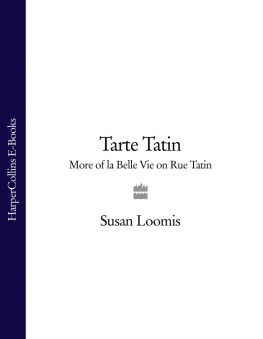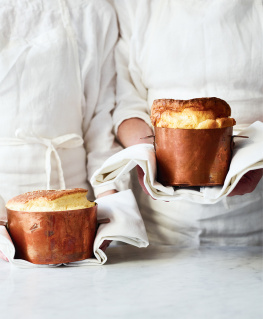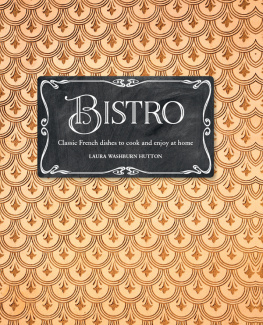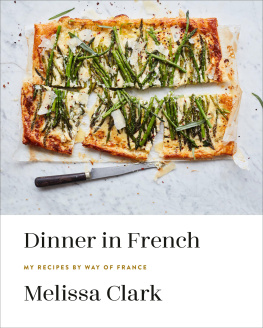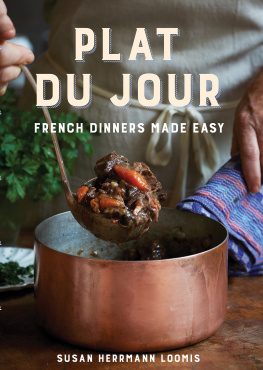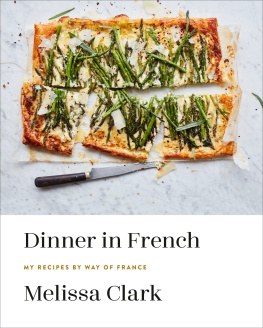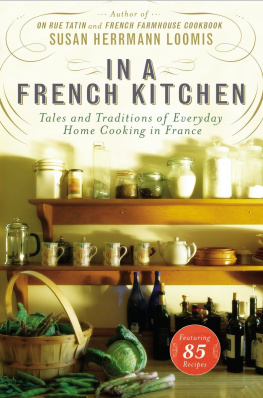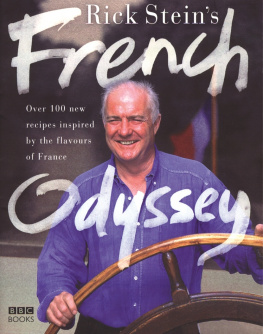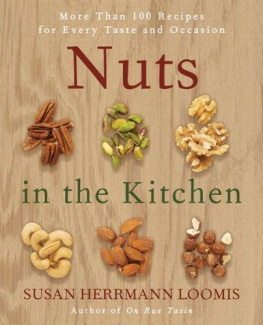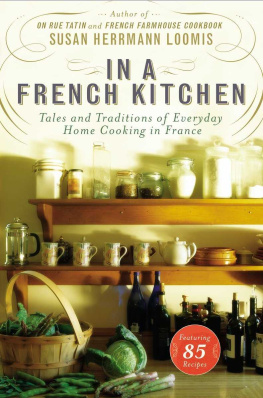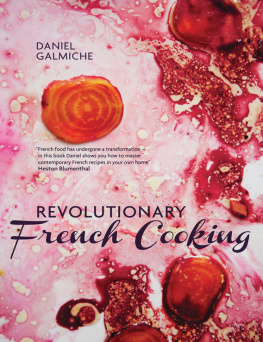I dedicate this book to our children Joseph and Fiona, whose love, humour, and energy suffuse life with a very special richness. I also dedicate this book to the memory of Andr Taverne whose jokes and ready smile are missed, to his wife, Marie-Odile, and to his sister-in-law Marie-Claire, for their friendship.
I t had been five years since wed moved to rue Tatin in Louviers, northwest of Paris. The house was habitable, though hearty draughts still tugged at the curtains, and attic rooms remained as they were when we bought the place: dry but in sad repair. We used them to store things, like the dozen or more beautiful antique doors that were in the house when we acquired it, building materials and electrical supplies, as well as the general flotsam and jetsam that collectors such as Michael and I accumulate.
We had pretty much adjusted to the schedule of Joes school, accepting that just as wed feel we were getting into our individual rhythms it seemed to be time for another vacation. Professional demands dictated that we rarely went on holiday, so we would divide our days in two. Michael would generally be with Joe in the morning while I worked, and I would take Joe in the afternoon while Michael worked. Joe would have friends over now and then, but the French dont share their children in the way Americans do, so it was less often than either we or Joe liked. We had put Joe in a local school, thinking hed make friends in the neighbourhood but, as luck would have it, most of his friends lived in other towns, and the few boys his age who lived locally were kept hidden somewhere; wed see them only on their way to school.
Michael and I were settling in with a close group of friends that included Edith and Bernard, Christian and Nadine, Babette and Jean Lou, Chantal and Michel, our neighbour Patrick and Anne-Marie and Patrick. Wed even met two Franco-American families who lived in towns nearby, which provided us with some comic relief when we got together and shared evenings, laughing at each others jokes because for a change we understood them. We had friends in Paris, too, which occasioned going there regularly for dinner, driving back in the wee hours when the roads were empty. I always say it takes an hour to get to Louviers from Paris, but at 1 a.m. its an easy forty-five minute trip.
We were, all in all, beginning to understand how things worked in France, and to feel comfortable as the only American family in Louviers. Louviers, and France, were beginning to feel like home.
My French Farmhouse Cookbook had been published, and I was currently involved in developing and testing recipes for an important American cookbook that was a collaborative effort by many of my colleagues. I was also doing research and testing for the Italian Farmhouse Cookbook, which for two years took me to Italy for long periods of time. I loved doing both projects, particularly the Italian book, since it gave me an insight into a country, people and culture with which I was unfamiliar. I wanted it to be my last farm book, as I felt Id said what I could say about farming, and I knew that just writing books would no longer be enough to support our family. I began thinking about what would be next. I wouldnt stop writing books, because it is something I am made to do. But I wanted to use our home for a business, and the business Id always imagined operating was a cooking school. Way back when we had lived in Seattle Id wanted to do the same sort of thing, but the situation there hadnt been right. This time, it just might be.
My inspiration to open up our home came initially from the time Michael lived on a farm in the Dordogne with the Dubois family nearly twenty years ago. Danie Dubois, in an effort to augment her income and give herself an interest outside their isolated little village, decided she would take in paying guests for meals and the night, and would offer cooking weekends using local specialties as ingredients. By the time Michael went to live with them, Danies business was prospering. She not only made endless meals to satisfy her guests, but she also offered pig and foie gras weekends.
For her weekend de cochon, she and her guests turned an entire pig into delectable pepper- and salt-cured hams, rillettes, blood sausage, head cheese, roasts, chops and more. For the weekend doie she transformed geese into untold marvels like confit, stuffed gooseneck, foie gras en terrine and a wonderful local delicacy called demoiselles: goose carcasses grilled on a wood fire. Everything Danie made was sumptuous: her foie gras was so delicate and buttery that it made any other of little interest; her confit was beguilingly crisp on the outside and mouth-melting inside. The confit went so well with her creamy pumpkin soup, the wonderful dandelion salads, made from leaves picked in the field next door and dressed with her own walnut oil, the crisp country breads, her homemade cheese, the grapey wine her husband Guy made from their own grapes Danie would grill country bread over the fireplace coals and spread it with fresh foie gras. She served this as an aperitif, and what an aperitif it was.
Everything Danie did was first-rate, and every dish she made was better than the one before it. Because of this, her enterprise was enormously successful, her table so sought after that she eventually expanded her dining room and turned it into a restaurant, which is still thriving today.
Michael and I loved the ambience that Danies business gave to the farm; the flow of appreciative guests from around the world; the sharing of traditions; the way the house and their life encompassed everyone; the seamlessness of it all. Id always wanted to create that at our own home, and I realized that we had the potential on rue Tatin. We wouldnt house people the house isnt large enough nor would we grow all our own food. We didnt need to local farmers would do that for us.
We had one problem, however, and that was the kitchen. It was far from suitable for a cooking school in its present state. Wed planned to build a new one, but Michael was still embroiled in the dining room. When we sat down to discuss the idea of the cooking school we realized that it would be at least two years before we could consider bringing the idea to fruition. How, we wondered aloud, could we make the house work for us now?
With our friends Pat and Walter Wells, who were over for lunch one day, we came up with the idea of offering lunches to paying guests, tourists who would like a moment of delicious luxury and an opportunity to get a more intimate view of French culture. We all decided, looking around at the dining room and the view out of the window, that it didnt matter that the house was half finished, or that our forever kitchen wasnt yet built. All I needed for this idea was a kitchen where I could cook fabulous food. This house, this room, this whole place is gorgeous; people will love it as it is, Pat said, and Walter concurred.
Once the idea had been articulated, I began to get excited. It could be so perfect. I could easily imagine greeting small groups of friendly Americans with meals made from the best of local and mostly organic ingredients, and delicious wines. I could imagine us discoursing on the local community, agriculture, the state of the European Union, and we could answer their questions about life in France. One of my favourite parts of this plan was that we could justify buying beautiful dishes and glassware (which I love) to make lunches the luxurious experience I imagined.
I was scheduled to go on a book-tour in the United States not long after our lunch with the Wellses. I decided to take a stab at marketing the lunches as I went, and to that end brought it up during every interview. I enlisted a friend in the US, Marion Pruitt, to be the contact person, knowing that she was so organized she wouldnt let one detail fall through the cracks, and that people who called would love her. Shed been to visit, too, so she could speak knowledgeably about us and about our location. Before I knew it, a group of five women had signed up as paying guests.

